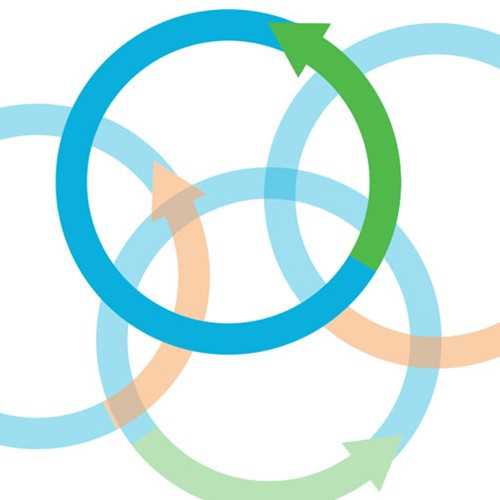pVSV-Δ-G-LASV-GP_nLucP Plasmid
The plasmid pVSVΔG-LASV-GP-NLucP encodes the antisense RNA of a replication competent chimeric vesicular stomatitis virus (rVSV) in which the VSV glycoprotein (G) has been replaced with the Lassa glycoprotein (GP). This encodes for a codon-optimized LASV glycoprotein Josiah strain. The genome also includes a nano-luciferasePEST reporter gene for easy monitoring of viral replication. This plasmid can be transfected into cells along with Helper Plasmids encoding the VSV nucleocapsid (N), phosphoprotein (P), glycoprotein (G), and large polymerase subunit (L) to recover rVSVΔG-LASV-GP-NLucP virus as described in [1-3].
Recombinant vesicular stomatitis virus (rVSVΔG) has been used to produce VSV chimeric viruses containing the envelope glycoproteins of heterologous viruses including viruses that require high-level containment. These particles are capable of multi-cycle replication.
It is the responsibility of the principal investigator to seek Institutional Biosafety Safety Committee approval for recombinant DNA, transgenic animal or infectious agent use within their laboratory spaces and maintain an Institutional Biosafety Safety Committee approval during the time period these materials are used.
From the laboratory of Melinda A. Brindley, PhD, University of Georgia.
The plasmid pVSVΔG-LASV-GP-NLucP encodes the antisense RNA of a replication competent chimeric vesicular stomatitis virus (rVSV) in which the VSV glycoprotein (G) has been replaced with the Lassa glycoprotein (GP). This encodes for a codon-optimized LASV glycoprotein Josiah strain. The genome also includes a nano-luciferasePEST reporter gene for easy monitoring of viral replication. This plasmid can be transfected into cells along with Helper Plasmids encoding the VSV nucleocapsid (N), phosphoprotein (P), glycoprotein (G), and large polymerase subunit (L) to recover rVSVΔG-LASV-GP-NLucP virus as described in [1-3].
Recombinant vesicular stomatitis virus (rVSVΔG) has been used to produce VSV chimeric viruses containing the envelope glycoproteins of heterologous viruses including viruses that require high-level containment. These particles are capable of multi-cycle replication.
It is the responsibility of the principal investigator to seek Institutional Biosafety Safety Committee approval for recombinant DNA, transgenic animal or infectious agent use within their laboratory spaces and maintain an Institutional Biosafety Safety Committee approval during the time period these materials are used.
From the laboratory of Melinda A. Brindley, PhD, University of Georgia.
| Product Type: | Plasmid |
| Gene/insert name: | VSVΔG-LASV-GP-NLucP |
| Fusion Tag(s): | NLucP |
| Grow in E. coli at 37 C: | Yes |
| Selectable markers: | AmpR |
| Insert Size: | 11883bp |
| Vector Backbone and Size: | pBS-SK-ΦT, 3105bp |
| High or low copy: | High |
| Storage: | -20C |
| Shipped: | Room temperature |
- Whitt, M.A., Generation of VSV pseudotypes using recombinant DeltaG-VSV for studies on virus entry, identification of entry inhibitors, and immune responses to vaccines. J. Virol. Methods, 2010. 169(2): p. 365-74
- Lay Mendoza MF, Acciani MD, Levit CN, Santa Maria C, Brindley MA. Monitoring viral entry in real-time using a luciferase recombinant vesicular stomatitis virus producing SARS-CoV-2, EBOV, LASV, CHIKV, and VSV glycoproteins. Viruses. 2020 Dec 17; 12(12). PMID: 33348746
- Acciani MD, Lay-Mendoza MF, Havranek KE, Duncan AM, Iyer H, Linn OL, Brindley MA. Ebola virus requires phosphatidylserine scrambling activity for efficient budding and optimal infectivity. bioRxiv 2020.03.16.994012; doi:org/10.1101/2020.03.16.994012
If you publish research with this product, please let us know so we can cite your paper.


